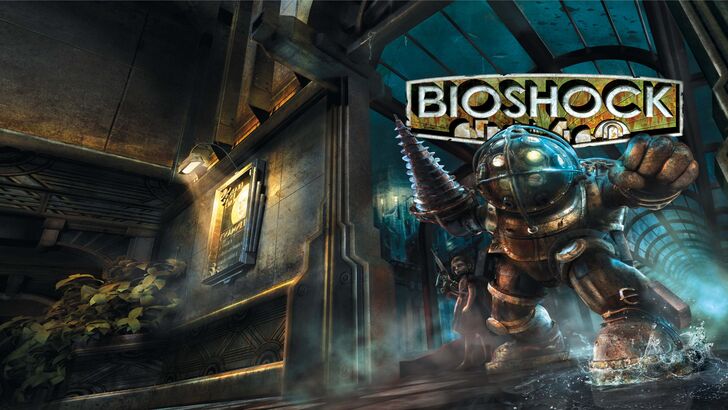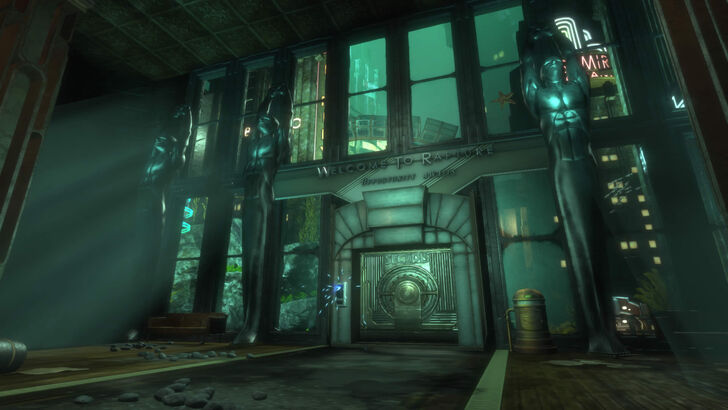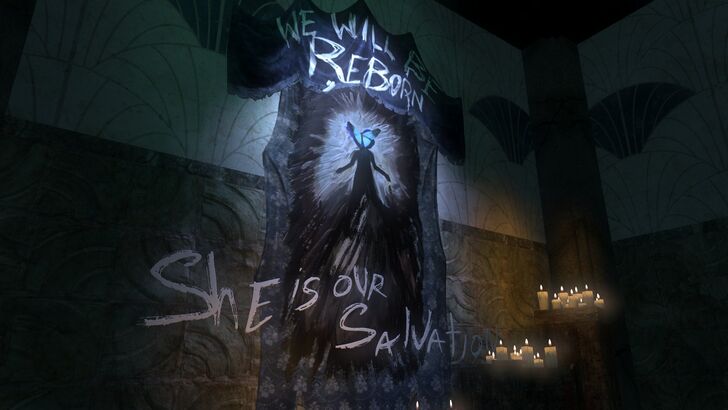Netflix's highly anticipated Bioshock film adaptation is undergoing a significant overhaul. This involves a reduced budget and a shift towards a more intimate, character-driven narrative.

Budget Cuts and a New Approach
The project's "reconfiguration," as revealed by producer Roy Lee at San Diego Comic-Con, necessitates a smaller budget. While the exact figures remain undisclosed, this change might temper expectations for a visually spectacular adaptation of the iconic underwater city of Rapture. The original game, released in 2007, is renowned for its steampunk aesthetic, philosophical depth, and player-driven narrative choices. Its success spawned sequels in 2010 and 2013.

This budgetary shift reflects Netflix's broader strategic change under new film head Dan Lin. Lin's approach contrasts with his predecessor's focus on larger-scale productions, favoring a more modest, yet impactful, cinematic style. The goal is to retain Bioshock's core elements—its compelling narrative and dystopian setting—while adapting the story to a smaller scale.
A More Personal Perspective
Lee emphasized the shift towards a "more personal point of view," suggesting a greater focus on character development and intimate storytelling rather than expansive action sequences. This change also aligns with Netflix's revised compensation model, which now ties producer bonuses to viewership numbers, incentivizing audience engagement.

Lawrence Remains at the Helm
Director Francis Lawrence (I Am Legend, The Hunger Games), remains at the helm, tasked with implementing this new vision. The challenge lies in balancing faithfulness to the source material with the creation of a compelling, more personal cinematic experience.

As the adaptation evolves, fans eagerly await to see how this "more personal" approach will translate to the screen while staying true to the spirit of the beloved game.
 Home
Home  Navigation
Navigation






 Latest Articles
Latest Articles









 Latest Games
Latest Games












